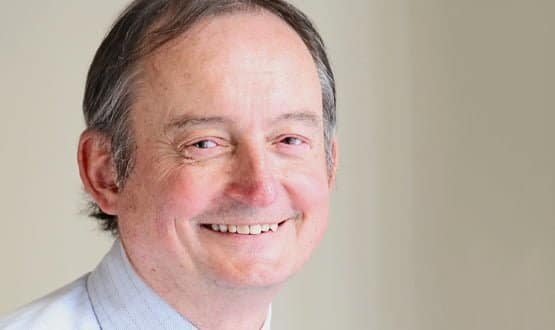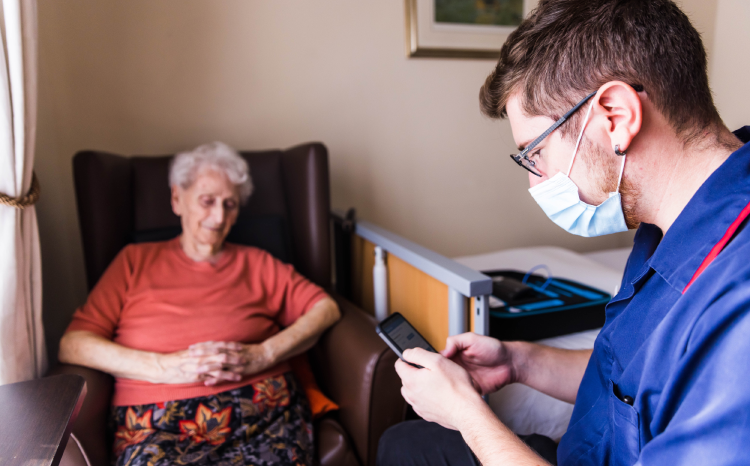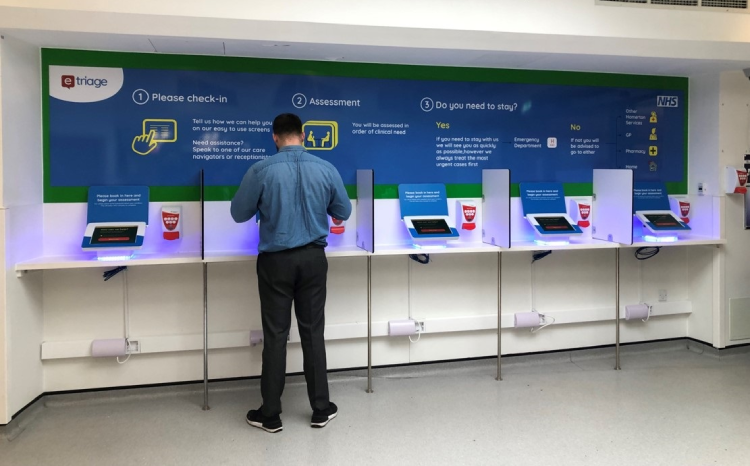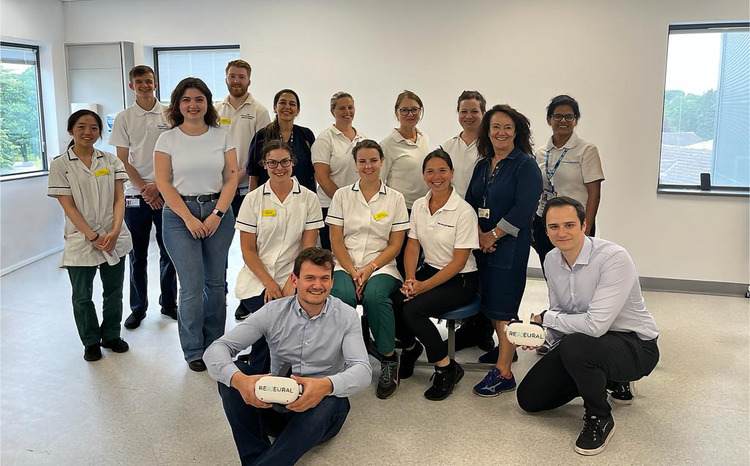Stables kickstarts ‘great endeavour’
- 27 July 2015

Emis co-founder Dr David Stables has invested millions of his personal fortune in a “grand endeavour” aimed at revolutionising the way the NHS shares information.
Stables, the keynote speaker at the chief clinical information officer Summer School earlier this month, said his new charity Endeavour Health is intended to “kickstart” a wider move towards interoperability.
He called on CCIOs to join his “endeavour” by each contributing one developer one day a month to build the rules or connectors.
Stables, who wrote the original version of GP clinical system Emis LV, said that the glue of interoperability between health and social care is too important to be left to any one supplier.
“I withdrew from Emis and sold my shares in 2013. I decided that what I wanted to focus on was making sure every citizen in the UK has access to personalised care management. But I realised that there wasn’t any way of doing this until NHS systems first joined up.”
Speaking to Digital Health News, Stables said that interoperability is a “must have” for the NHS following the introduction of the 29 ‘vanguard’ sites to deliver new ways of working.
“In the last six months we have seen the biggest change in the NHS and nobody’s noticed, which is that 25 million patients now being covered by new models of care that essentially require coordination between different organisations,” he said.
“That's the difference between a nice to have, which it has been for the last 30 years, and what it has moved to, which is a must have. Otherwise we are going to paralyse the NHS.”
He believes that Endeavour can support the changing landscape of interoperability, which has reached a “tipping point” for change.
“The whole industry is moving at pace I have not seen before. I am really excited about the next six months.”
The starting point has been primary care, explained Stables.
“We’ve focused on GP Interoperability landscape – because if you get that interoperating then you are well off the starting block.”
Initial work has gone into selecting and proving the technology foundations, NoSQL and HADOOP, Appache Cassandra and Apache Camel.
The Endeavour platform will be freely available for unlimited use as an open source project. A sustainable model will likely be transaction based.
Stables said that with his investment of £5 million – £6 million, Endeavour has enough funding to run for around three years.
“If we are not well on the way to joining all the NHS IT systems up by 2020 then it will have failed. If as a result of doing this it has made it more realistic then I will have succeeded.”
He said the developers who work on the project need to understand the importance of improving interoperability in the NHS.
“We are trying to get data from that clinician to that clinician. The code in there means something serious. We can't just bodge it.”
He said 50 or 60 rules need to be developed to get the project off the ground, although he was looking to reach around 300 to strengthen the “glue” that allows the integration of different healthcare systems.
Endeavour Health is only the start for Dr Stables, who said that his ultimate aim is to provide every citizen in UK access to a personalised care management system.
“There is no point in doing that until the NHS is joined up to do it. This [interoperability project] is not a means to an end, it is a means to a start
Endeavour was welcomed by UCL Partners CCIO, Dr Phil Koczan, deputy chair of the CCIO Network, who said: “I have been working closely with some of the potential Endeavour projects and see a great potential for open source tools to support the integration of data from different systems.
“This could help unlock some of the difficult areas around the sharing of data. Open source is only one part of the solution, we need open standards and open data systems to support data sharing using both proprietary and open source solutions.”
The initiative was also praised by Shane Tickell, chief executive of IMS Maxims, which recently launched open source EPR OpenMAXIMS, who described Stables’ efforts as “groundbreaking stuff”.
“(Stables) is using his knowledge, experience, contacts to help change landscape for interoperability and bring us all closer together and share information, which I believe is what we need to do.”




